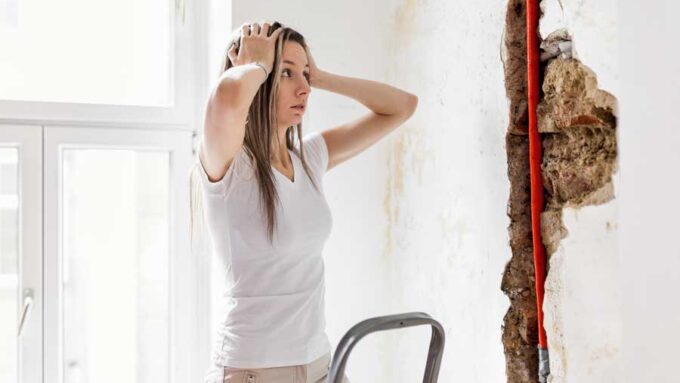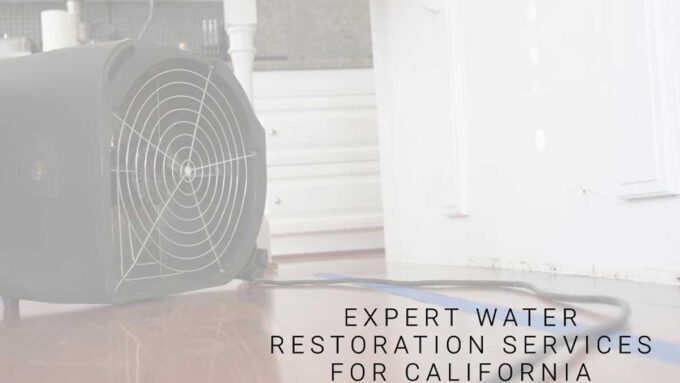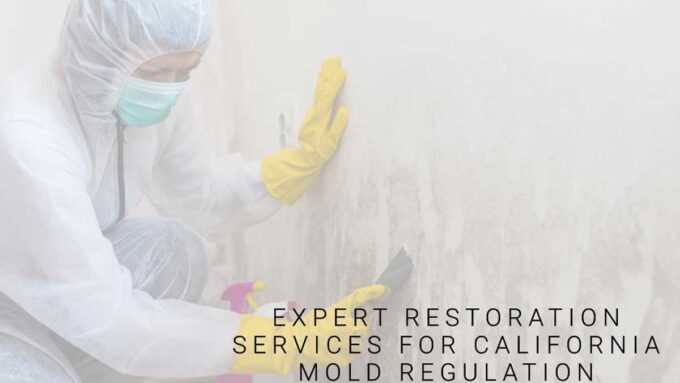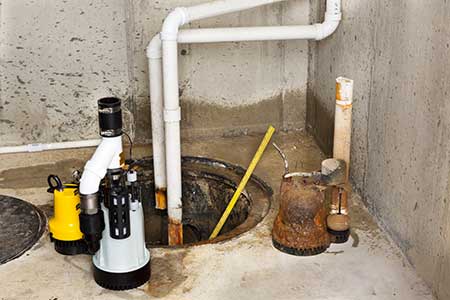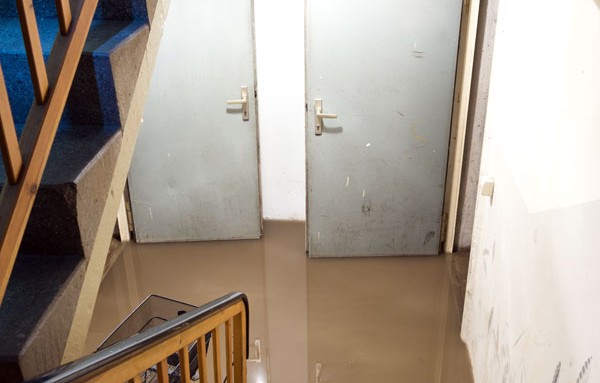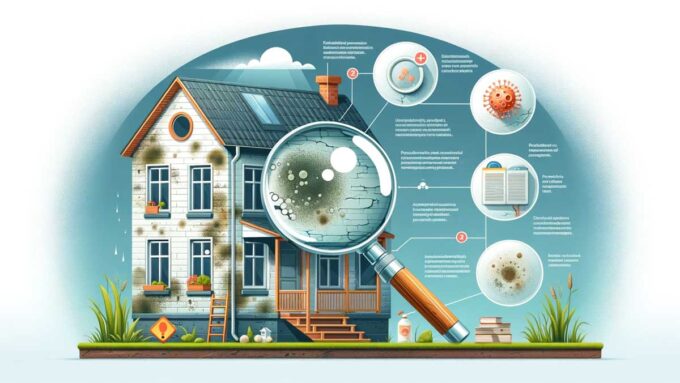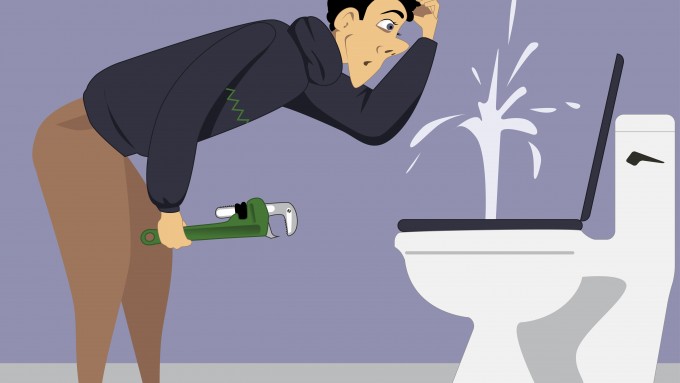Sewer backups from clogged pipes or other plumbing issues are never easy to deal with. But dealing with sewer issues from heavy rains is even more frustrating and challenging.
Here are some things you can do to prepare for and minimize the damage from a weather-related sewer backup.
Rainy Season Water Problems
Typically, California’s rainy season stretches from October through February. However, with the wild patterns the entire country has been experiencing this year, the threat of heavy rains could easily extend through March.
Along with those heavy rains comes the threat of storm drain problems and sewer backups for homeowners.
Weather-related issues experienced during summer and fall come to light during the rainy season.
A drought, for example, causes trees to sink roots deeper into the ground seeking water. When they do, the roots can get into your sewer pipes and drains which spells problems for you.
Another common issue is clogged sewer pipes. When heavy rains hit clogged sewer pipes, the excess water has nowhere to go so the amount of groundwater increases.
Excess groundwater not only creates standing water in your yard and around the foundation of your home, but it can also get into cracks in your pipes. This causes plumbing problems, flooding, and/or interferes with water flow from your home to the sewer main, resulting in a sewer backup.
Mudslides, flash flooding, storm drain overflow, sewer line failure and backups are the unfortunate reality for many homeowners during the rainy season.
Signs of a Sewer Backup
Before a full-blown sewer backup, there may be telltale signs to warn you of its impending arrival.
If you notice any of these warning signs, call in a plumber specializing in sewer backups as soon as possible.
Gurgling Noises
Gurgling noises coming from sinks and toilets certainly indicate a slow drain, but if you hear gurgling while running the dishwasher or washing machine, it points to a main sewer line backup. If water backs up into the shower while running water in the bathroom sink, this also indicates a main sewer line backup.
Slow Drains
If you notice your toilets and sinks draining water slowly, it may be due to a blocked sewer line. Check sinks and toilets in your home’s lowest level to see if they are draining slowly. If all the drains are draining slowly, it’s more than likely a blockage in the main sewer line.
Standing Water at Floor Drains
For floor drains in a basement, laundry room or anywhere there’s a floor drain, sewer lines often back up around these drains first. Water that rises, isn’t draining and back ups around floor drains indicates a clog and wastewater cannot drain properly.
Strong, Unpleasant Smell
You’ll notice a disgusting smell coming from the floor drain caused by wastewater sitting in the pipe for too long. The foul odor comes from the sewage ready to back up onto the floor. While it smells terrible, it’s even worse to breathe in and to come in contact with the dangerous toxins and bacteria found in sewage.
Sewer Backup Prevention Strategies
There are several things you can do to prevent or minimize the threat of a sewer backup during heavy rains. Here are some suggestions to get you started.
Check Valves
A plumber can install check valves on your floor drains and lower-level plumbing fixtures. A check valve allows water to run out of a drain and then prevents it from coming back into the drain. This is a lifesaver if city sewers become overwhelmed during heavy rains.
Sump Pump
Depending on the model, installation of a sump pump can help keep excess groundwater from seeping into your home or remove excess water from the foundation.
Sewer Line Inspection
Typically, a camera is used during the inspection to identify blockages in the underground sewer lines. These inspections are very helpful to prevent water or sewer line problems due to roots, cracks in the line, hair/grease, or other obstructions.
Conclusion
With a proactive approach, the odds are in your favor for sailing through California’s rainy season without any damage.
If the damage has been done, call RCS in Santa Rosa. We’re here 24/7 to help with all your flood and sewer backup restoration needs.


